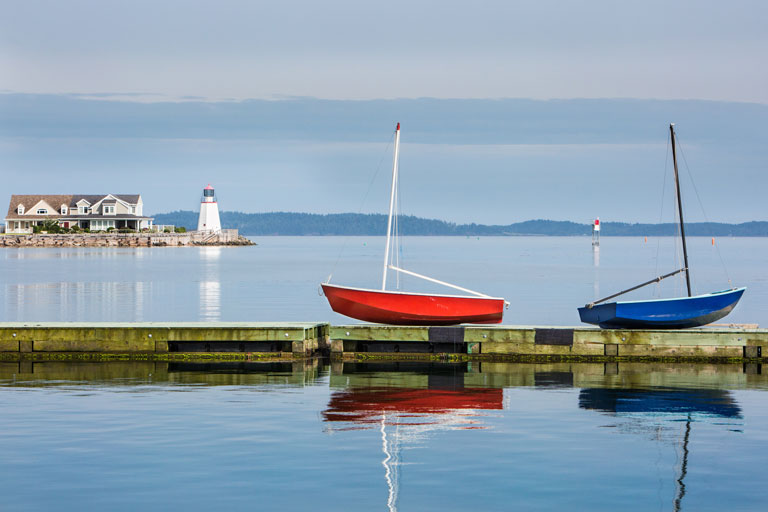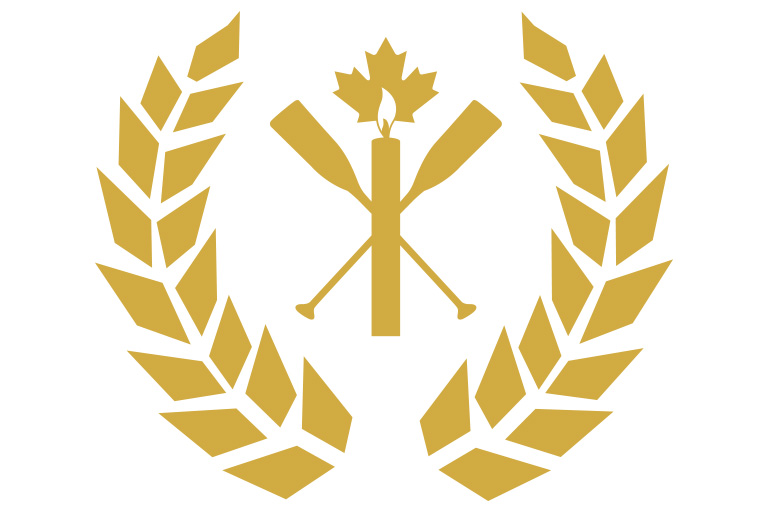2024 Recipients of the John Bragg Award for Atlantic Canada
A Mi’kmaq chief who was posthumously pardoned for defending his treaty right to hunt out of season. A priest who founded the University of Moncton and promoted the study of Acadian culture. A Black activist, who, along with other African Nova Scotians, experienced setbacks and triumphs in the struggle against racism and poverty during the civil rights movement.
The stories of these Canadians will be celebrated and shared thanks to the John Bragg Award for Atlantic Canada. The award is a granting program made possible by the River Philip Foundation, which promotes and preserves the histories of people who left a lasting legacy in communities in the region.
Each organization will receive a $50,000 grant for a project to share the stories of inspiring people who have shaped Atlantic Canadian history and society. In addition, they will be featured in a content piece developed by Canada’s History to help further share these stories with a national audience.
The 2024 recipients are:
The Home of Grand Chief Gabriel Sylliboy
We’koqma’q First Nation, We’koqma’q, Nova Scotia
In 1927 Grand Chief Sylliboy was charged with hunting muskrat out of season. The legal system did not recognize his treaty right to hunt and convicted him. In 2017 the Nova Scotia government issued a formal apology and pardon for his conviction. Sylliboy’s pursuit of justice was a pivotal event in the history of Canada-Mi’kmaq relations and the recognition of treaty rights. The Home of Grand Chief Gabriel Sylliboy is committed to preserving Sylliboy’s historical legacy by listening to Elders and descendants and sharing his story through a community event and short film.
We’koqma’q First Nation nourishes its Mi'kmaw language and culture, and empowers community members by providing opportunities for education, employment, and economic growth. We’koqma’q provides a safe community that prioritizes the protection of natural resources, cultural values, and the well-being of the community.
L’épopée urbaine acadienne
Monument de la Reconnaissance au 21e siècle (MR21), Moncton, New Brunswick
Considered by his peers to be the greatest Acadian educator of modern times, Father Clément Cormier founded the University of Moncton in 1963, as well as the university’s Acadian Museum and the Centre for Acadian Studies. He was a driving force in promoting the vitality of Acadian language and culture in Moncton and Atlantic Canada more broadly. L’épopée urbaine acadienne (The Acadian Urban Epic) will be an interactive website documenting the economic, political, and cultural life of Moncton’s francophone community. The website will draw on archival sources and previously unpublished interviews to highlight Father Clément Cormier’s life and legacy in Moncton.
MR21 is a secular non-profit organization that seeks to demonstrate the unique vitality of Acadian culture at the heart of Moncton’s French-speaking community. MR21 promotes the stories and architectural treasures of the Notre-Dame-de-l’Assomption Cathedral, the first and only Acadian cathedral.
Keeping up with the Joneses
Neptune Theatre, Halifax, Nova Scotia
This theatrical production centres on three advocates for the rights of African Nova Scotians in the 1960s: Rocky Jones, Joan Jones, and Walter Borden. Despite RCMP attempts to suppress their activism, Borden and the Joneses contributed to tangible changes in policy and legislation in the province. Their story offers a critical perspective on Canadian race relations and remains a source of inspiration for Black Nova Scotians. Keeping up with the Joneses is informed by collaboration with the Africville Museum and the Black Cultural Centre, as well as with local organizations and community leaders.
Neptune Theatre is committed to enriching and inspiring its community with vibrant theatre productions that foster creativity, promote inclusivity, and provide exceptional entertainment and educational experiences. Neptune engages in outreach programs, educational initiatives, and strategic partnerships to cultivate a love for theatre among individuals of diverse ages and backgrounds.
Themes associated with this article
Advertisement
The John Bragg Award is made possible with the generous support of the River Philip Foundation.





